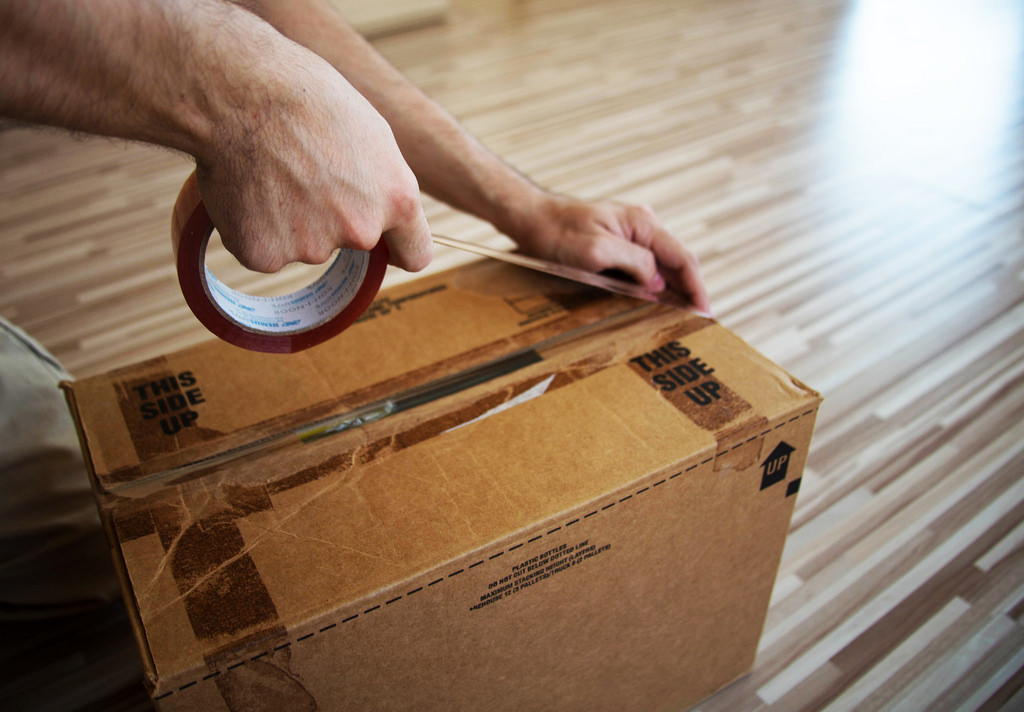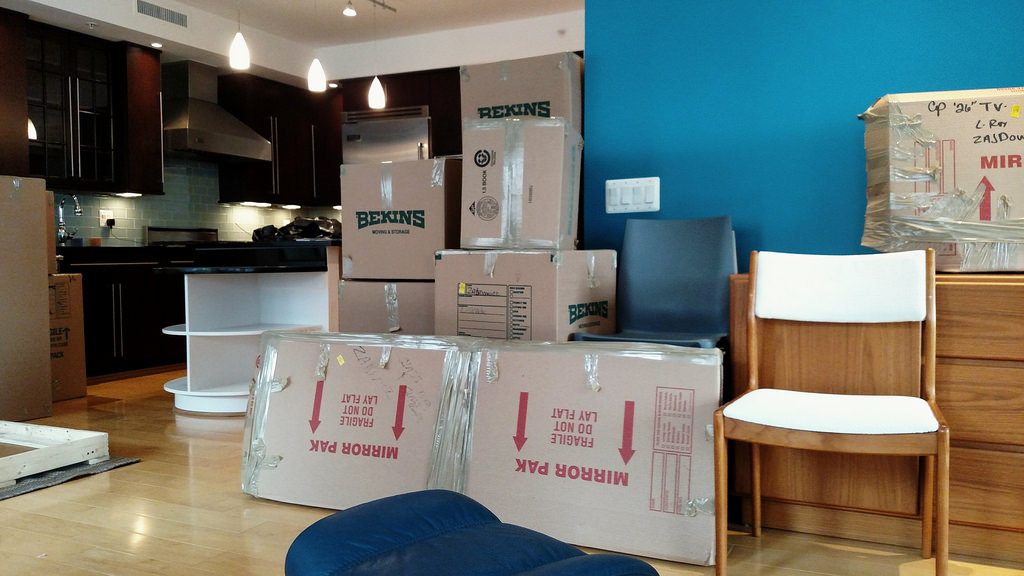It’s a commonly known fact that a big move, especially a long distance one, can be one of the most stressful times in a person’s life. Whether you’re packing up just for yourself, or yourself and a spouse, or even a couple of kids, the pre-move tasks seem endless. It can help to group all of the smaller tasks into big categories, such as these seven steps. Being organized may or may not be your strong suit, but, it can truly help all of those little chores seem a bit less painful.
1. Create A Moving File
Many movers find it easy to create several lists to help them keep track of their moving tasks and schedules. It may make a difference to create lists of items to set aside for the moving day (shampoo, extra socks, etc.), or even meals to plan for the few days before and after the big move. Whether or not this is your style, you’ll still find yourself with a pile of document, such as quotes from movers, receipts, rental documents or purchase papers – the list of paperwork for a move goes on and on. Make your life easier by keeping it in one place.

2. Make A Workstation
Whether or not you choose to have lists of how to organize your belongings to be packed, it can be crucially helpful to do all of the wrapping and boxing in one place. Create a packing home base for your essential packing gear, including boxes, scissors, tape, and padding (peanuts, brown paper, newspaper, etc.). Use this area only for wrapping, prepping, light cleaning, and boxing (and maybe some light snacking).
3. Plan Your Packing – And Get Started!
It can almost unequivocally be stated that every household has many items that aren’t necessary on a daily basis. Start packing early! Set your workstation up as early as you like, and begin the packing process with items that you know you won’t need until after your move. In fact, decorative knickknacks and fragile serving items (like dishes for special occasions) are some of the trickiest to pack. Start with these delicate items, books, and seasonal décor that are currently out of season. You’ll likely find that there are many items that can be packed much earlier than you anticipated.
4. Hire Movers
If you plan to use a moving company or team, start finding quotes early. Ask any potential moving companies plenty of questions, and get written quotes that you can compare (and keep in your moving file) before deciding.
5. Get Together Your Family’s Records
This step is important for any household size! Many organized folks already have a fireproof box or other storage place to keep their medical records, insurance information, and all of that essential paperwork together. If you already have one, great; if not, it’s best to at least gather everything into one spot. Once this is done, consider what will need updated for the move.
6. Learn About Your New Neighborhood
If you are moving to a new city entirely, it’s likely that you have gone through those family records and realized that you are now in need of several new specialists. Check online and in your insurance network for well-reviewed doctors, dentists, and other necessary professionals that you can transfer your family too. It’s also important to get to know the area you will be living. Online reviews are a blessed thing and can help you answer questions you may not have thought of yet. Where will you shop for groceries? Rent movies? Take the kids to play?

7. Cross Your T’s and Dot Your I’s
The main thing to do for this category is to change your mailing address. You’ll need to change your address in numerous locations, such as your doctor’s office, any company that bills you, and various others such as subscriptions, online shopping sites, or even phone apps. Check back with your now-gathered stack of family records, and take some time to go through them, changing addresses where applicable.

